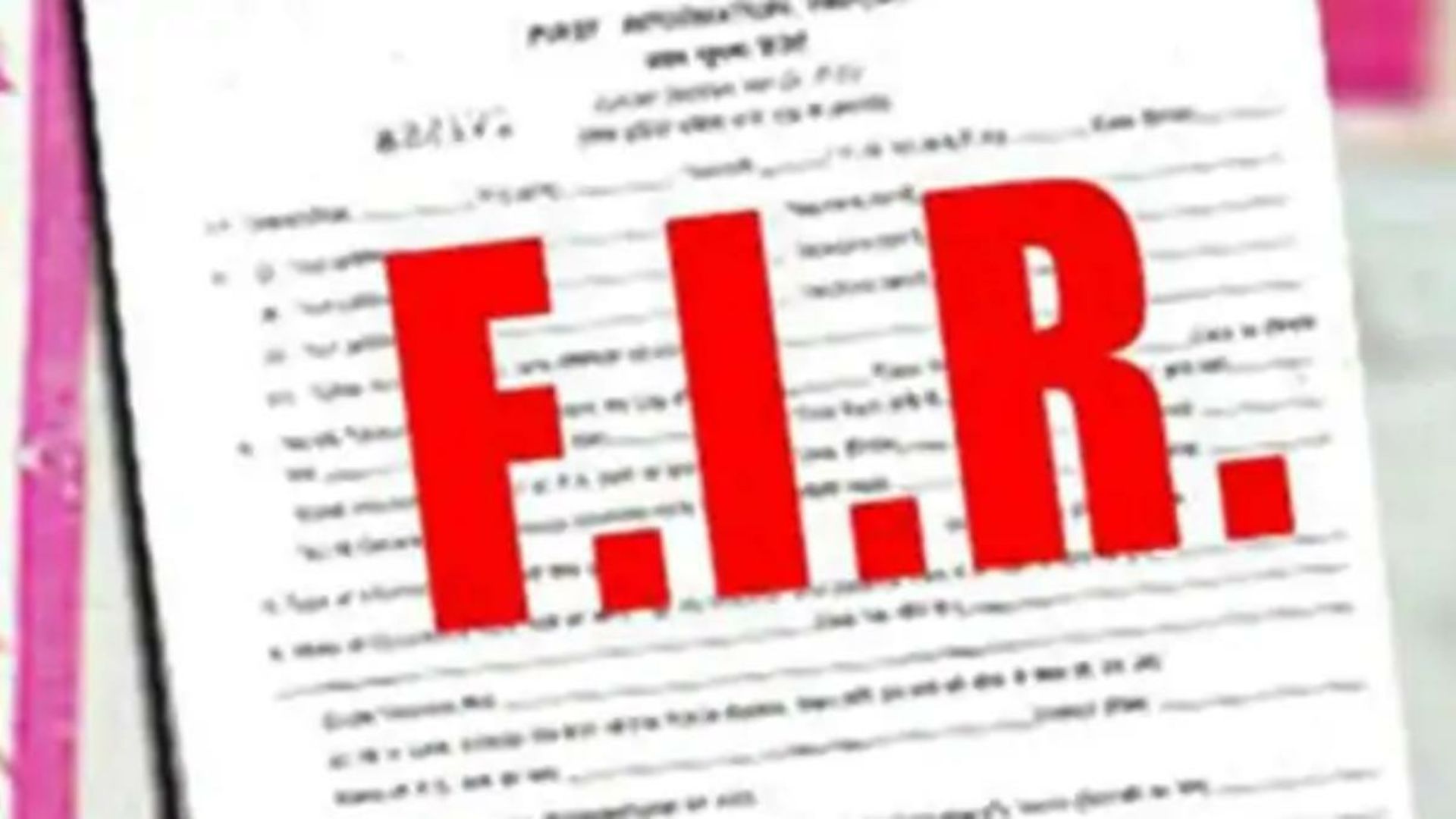Understanding FIRs: Your Rights and Process in India – A Complete Guide
Also read our post on:
What is an FIR and Why Is It Important?
In the Indian legal system, FIR stands for First Information Report. It is the initial step taken by the police to initiate a criminal investigation when a cognizable offence is reported. This could include serious crimes such as theft, assault, rape, domestic violence, or murder.
An FIR is a crucial document because it sets the criminal law machinery in motion. Once an FIR is registered, the police are legally bound to investigate the matter and take appropriate action.
Who Can File an FIR in India?
Anyone who is:
- A victim of a crime
- A witness to a crime
- Or even someone who has information about a crime
can file an FIR. It’s not necessary to be directly affected.
Types of Offences and FIR Relevance
There are two main types of offences in India:
- Cognizable Offences - Serious crimes where police can act without prior court approval (e.g. murder, rape, kidnapping).
- Non-Cognizable Offences - Less serious offences (e.g. defamation, public nuisance), where police need court approval to proceed.
FIRs are typically filed for cognizable offences.
How to File an FIR – Step-by-Step
- Visit the nearest police station (within jurisdiction of the incident).
- Give all details of the crime: what happened, when, where, and who was involved (if known).
- FIR will be written down by the police and read back to you.
- Verify the content and sign it.
- Ask for a free copy of the FIR – it’s your legal right.
TIP: In many Indian states, you can also file an FIR online through the state police portal.
Your Rights When Filing an FIR
- Right to be heard and file FIR without delay
- Right to receive a free copy of the FIR
- Right to file FIR in your language
- Right to file FIR at any police station (Zero FIR) if the crime occurred in a different jurisdiction
- Right to escalate to higher police officials or magistrates if an FIR is refused
What is a Zero FIR?
A Zero FIR can be filed at any police station, regardless of the location of the crime. It is transferred to the appropriate jurisdiction later, but ensures no delay in action - especially helpful in emergency cases like sexual assault or missing persons.
What If the Police Refuse to File an FIR?
- Approach the Superintendent of Police (SP) or DIG
- Send a written complaint via post or email
- File a complaint with a Judicial Magistrate under Section 156(3) CrPC
Filing False FIRs – A Legal Warning
Filing a false FIR is a criminal offence under Section 182 and 211 of IPC. It can lead to imprisonment and penalties. Always ensure your report is based on facts and not vengeance or misinformation..
Frequently Asked Questions (FAQs)
1. Can I file an FIR online?
Yes, many Indian states offer online FIR services. Check your state police official website.
2. Can I withdraw an FIR later?
Mutual consent or court permission may be needed. Once filed, an FIR is a serious legal document.
3. How long does it take to register an FIR?
Ideally, it should be registered immediately upon reporting.
Need Legal Help with Filing an FIR?
At VakeelBabu.org, our legal advisors are here to:
- Help you draft and file an FIR correctly
- Assist if the police are refusing to cooperate
- Represent you in court if needed
Call us OR Request a call back for expert FIR-related support - confidential, legal, and timely.
Conclusion
Understanding the FIR process in India empowers you to take action when needed. Don’t hesitate to report crimes - the law is on your side. Know your rights, follow the right steps, and seek legal help if necessary.
